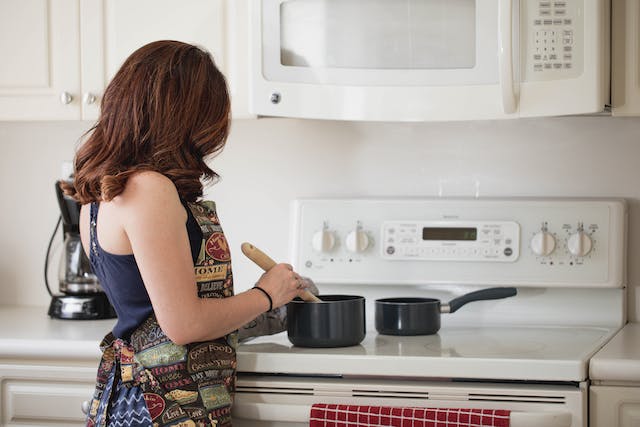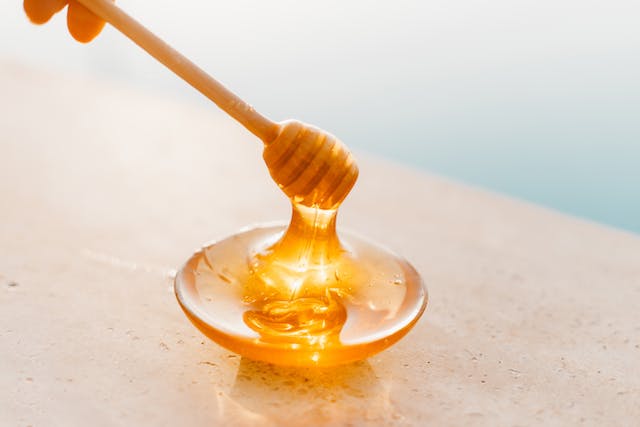Are you looking to start a food business in Florida? If so, you need to know about the food laws in Florida. Here, we’ll explain what you need to know about cottage food law in Florida and how it can help you get your business off the ground.
Ready to start selling food? Sign up for Airmart:
What is the Florida Cottage Food Law?

The cottage food law in Florida, also known as the Home Food Production Law, is a set of regulations that allow individuals to produce certain types of food in their home kitchen and sell it directly to consumers. These foods are classified as “non-potentially hazardous” and include items such as baked goods, jams, jellies, and other shelf-stable foods.
Under the cottage food law, food producers can produce and sell their products without having to obtain a license from the state or comply with the same regulations that commercial food producers must follow.
What foods can I sell under cottage food law Florida?

Under the cottage food law in Florida, you may only sell certain types of food. These foods must be classified as “non-potentially hazardous”, meaning that they do not require refrigeration or special handling to remain safe for consumption.
What you CAN sell under the cottage food law in Florida:
- Baked goods such as cakes, cookies, brownies, breads, and muffins
- Jams, jellies, and preserves
- Candies and confections
- Dried herbs and spices
- Dry mixes such as pancake mix and cake mix
- Popcorn
- Fruit pies
- Trail mixes
- Nuts and nut butters
- Honey
- Pickled vegetables
- Vinegar-based dressings
- Dry sauces
- Dry pasta
- Dry cereal
- Granola
What are the requirements for selling cottage foods?

In order to sell cottage foods in Florida, you must meet certain requirements. These requirements include:
- Registering with the Florida Department of Agriculture and Consumer Services
- Obtaining a Cottage Food Production License
- Completing a food safety training course
- Labeling your products with an ingredients list and a statement that the product was made in a home kitchen
- Notifying the Department of Agriculture and Consumer Services of any changes to your business
- Complying with all other applicable laws and regulations
Additionally, cottage food operations in Florida cannot make more than $250,000 in gross annual sales and can only be sold on a website, by mail order, and directly to consumers (in person), not wholesale.
If you have questions Florida cottage food laws, visit this page on the Florida Department of Agriculture and Consumer Services website.
How can Airmart help me sell cottage foods?
Airmart is the best ecommerce software for food producers. It is designed to help you easily manage your business and sell your products online. With Airmart, you can:
- Create a professional website to showcase your products
- Manage orders, payments, delivery, and shipping
- Process orders quickly and easily
- Create promotional campaigns to increase sales
- Track inventory and manage stock levels
- Send automated emails to customers
- Integrate with social media
- And more!
Sign up for Airmart today and get started selling your cottage foods online! With Airmart, you can manage your business easily and grow your sales.